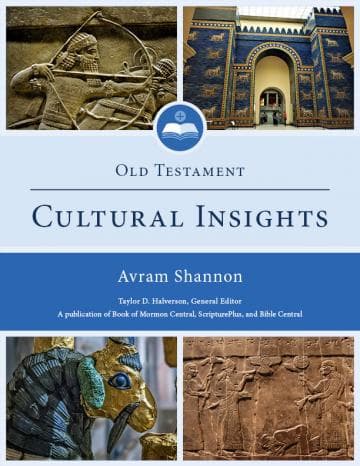Book
71 Chapters

The Deuteronomistic History (often abbreviated as DtrH) is a historical collection that tells the history of Israel from the doctrinal perspective of the book of Deuteronomy. It comprises Joshua, Judges, 1 and 2 Samuel, and 1 and 2 Kings. Although it draws on earlier sources, such as various royal annals (see, for example, 1 Kings 11:41), the Deuteronomistic History was probably composed during the reign of Judahite king Josiah and then revised shortly after the Babylonian exile. Although each of the biblical books that make up the Deuteronomistic History has its own distinctive perspective and message (compare Joshua with Judges, for example), the books come together to form a history of Israel with a distinctive message.
The Deuteronomistic History is very concerned with the covenant loyalty of Israel, and especially that of its kings, to Jehovah. Because of this, these historical books are especially concerned with rituals and ritual activities that were performed to gods aside from the God of Israel, especially Baal. Thus, 2 Kings 17:7–19 specifically attributes the destruction of the Northern Kingdom of Israel to Israel’s idolatrous activities. Similarly, according to 2 Kings 24:1–3 it was the wickedness and idolatry of King Manasseh that led to the Babylonian captivity and the destruction of the Jerusalem temple. Although 2 Kings, and therefore the Deuteronomistic History, ends with the deposed Judahite king Jehoiachin in captivity, it also ends on a message of hope, as the king is treated kindly by Babylonian king Evil-Merodach.
Deuteronomy 28
Judges 2:11–23
Judges 21:25
1 Samuel 8:6–9
1 Kings 11:4–8
1 Kings 12:25–33
1 Kings 15:1–3
2 Kings 17:7–9
2 Kings 24:1–3
2 Kings 25:27–30
Book
71 Chapters
Items in the BMC Archive are made publicly available for non-commercial, private use. Inclusion within the BMC Archive does not imply endorsement. Items do not represent the official views of The Church of Jesus Christ of Latter-day Saints or of Book of Mormon Central.